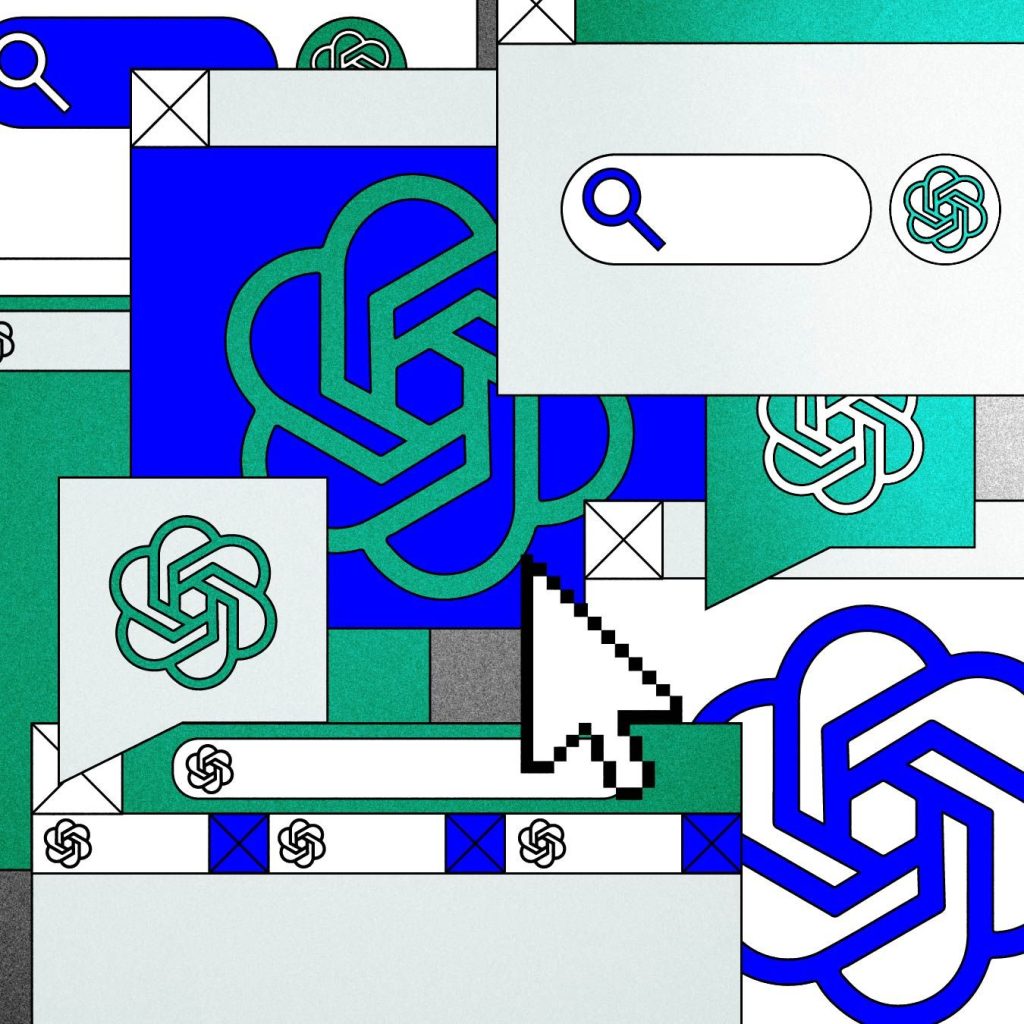OpenAI’s Atlas Browser Takes Direct Aim at Google Chrome
Article Date: 2025-10-21T19:06:41+00:00
Author: Reece Rogers
Summary
OpenAI has launched Atlas, a ChatGPT-powered web browser that places the chatbot at the centre of the browsing experience. Atlas offers a sidebar ChatGPT window for asking questions about pages, a clickable AI agent that can attempt tasks on your behalf, and an optional “browser memories” feature that recalls past searches to inform suggestions.
The browser flips the usual search model: conversational answers appear first, with links, images and other results available as secondary tabs. Atlas is free and launches on macOS for ChatGPT users immediately, with Windows and mobile builds coming later; advanced agent features require ChatGPT Plus or Pro subscription.
Key Points
- Atlas integrates ChatGPT directly into the browser UI, making conversational answers the primary search result.
- A built-in AI agent can navigate pages and try to complete tasks for users (agent features are behind ChatGPT Plus/Pro).
- Atlas introduces optional “browser memories” to store past searches and tailor future suggestions and automations.
- OpenAI positions Atlas as a rethink of what a browser can be, directly challenging Google Chrome and other AI-enhanced browsers.
- Initial rollout is macOS for ChatGPT users; Windows and mobile versions are in development.
- The browse-first, chat-first model contrasts with Google’s link-first approach and follows industry-wide experiments from Microsoft, Opera, Brave and startups like Perplexity.
Context and relevance
This launch is part of a broader browser arms race as companies embed generative AI into core web experiences. For users and organisations, Atlas signals a shift toward conversational search interfaces and agent-driven automation — changes that affect discovery, privacy, UX design and the economics of search. If Atlas gains traction, it could reshape how people look for information and interact with web services, and it will force competitors to iterate faster.
Why should I read this?
Basically: if you care about how we’ll search the web in the next few years (or which company controls the gateway to online information), this is worth five minutes. Atlas isn’t just a new skin — it’s a different idea about what a browser should do, and that could matter for privacy, productivity and who wins the next big platform fight.
Author’s take
Punchy and to the point: OpenAI has tossed a real contender into the ring. Atlas is bold, imperfect and potentially game-changing — especially for anyone tracking the future of search, agents and browser competition. Read the detail if your work touches search, UX, AI products or platform strategy.
Source
Source: https://www.wired.com/story/openai-atlas-browser-chrome-agents-web-browsing/

